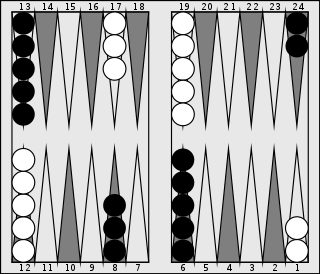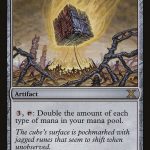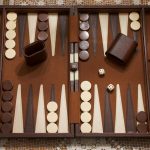Backgammon Early Game Strategy
In backgammon, the ability to adapt your play quickly is crucial. Sometimes, you’ll need to restrain yourself from attacking and focus on building your game; other times, you’ll want to attack aggressively. In the early stages of the game, it’s essential to be fast and straightforward. Achieving your early game objectives will significantly aid your chances of success later on.
The Early Game Targets
1. Make Points in the Homeboard
Establishing points in your homeboard is vital for two main reasons. First, it disrupts your opponent’s strategy by limiting their chances to enter from the bar if you hit one of their checkers. The more points you create, the harder it is for your opponent to re-enter the game after being hit. Secondly, having points in your homeboard means those checkers are already prepared for bearing off when the time comes.
It’s important to recognize that some points hold greater strategic value than others. Maneuvering your checkers towards the edges of the board can limit your movement options. The most crucial points in your homeboard are the 5-point, followed by the 6-point and the 4-point, with the 3-point being the least critical among them.
If you’re unable to establish points in your homeboard, focus on creating points as close to it as possible. Blocking points 7 through 12 can make it extremely challenging for your opponent to free their back checkers. Moreover, any points made between 7 and 12 can serve as excellent storage points for eventually bringing your checkers into your homeboard.
2. Escape Your Back Men
While you focus on attacking and building points in and around your homeboard, don’t forget about your back men. If you neglect them, they could become blocked, and the distance to your other checkers may become significant, making escape risky and potentially game-losing. Therefore, from the outset, start moving your back checkers toward your homeboard, keeping them relatively close to the rest of your checkers.
Doubles are particularly beneficial for advancing back men toward your homeboard. Use one half of the roll for this purpose while utilizing the other half to make points elsewhere. Occasionally, you may roll combinations that don’t allow you to move both checkers effectively. In such cases, consider splitting your back men. While this tactic carries some risk, playing too safely will never lead to success in backgammon. Whenever possible, regroup your back men to reinforce your position.
Conclusion
Focusing on your early game goals and maintaining a clear strategy will serve you well in backgammon. If you lose sight of these objectives, you may find yourself overwhelmed by problems, leading to a certain defeat. Stay calm, concentrate on what matters, and remember that the early phases of the game lay the foundation for your success.
By adhering to these strategies, you’ll position yourself for better outcomes as you progress through the game. Good luck, and may your backgammon skills continue to grow!



